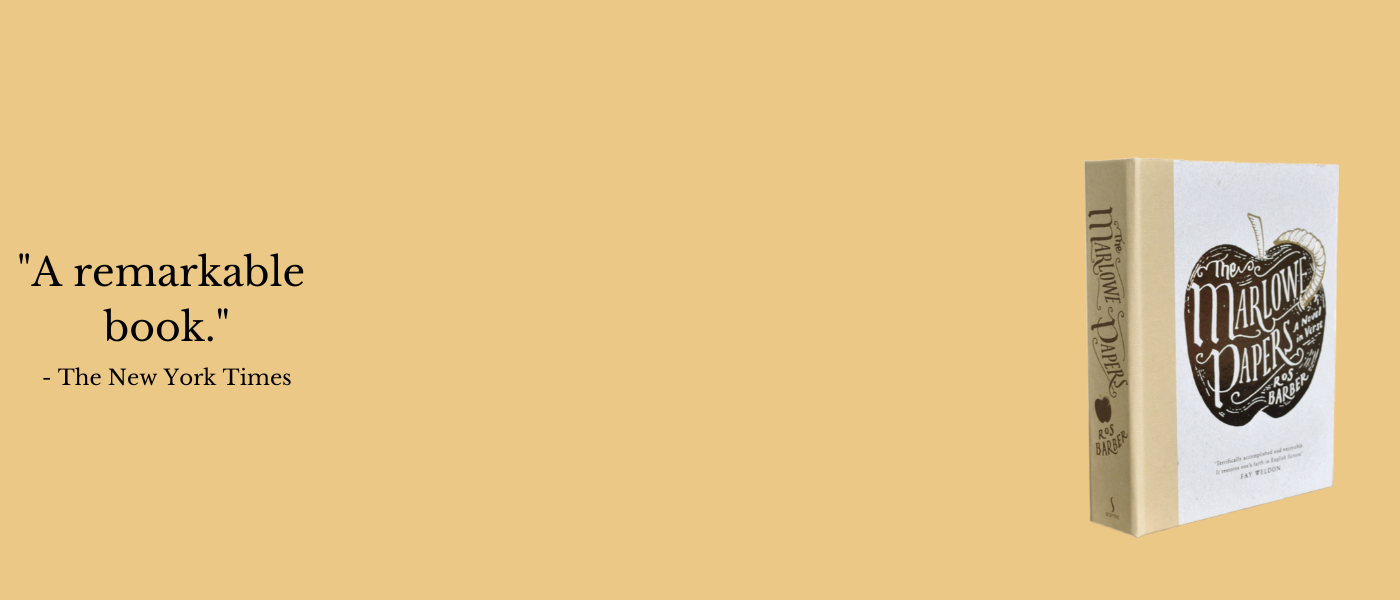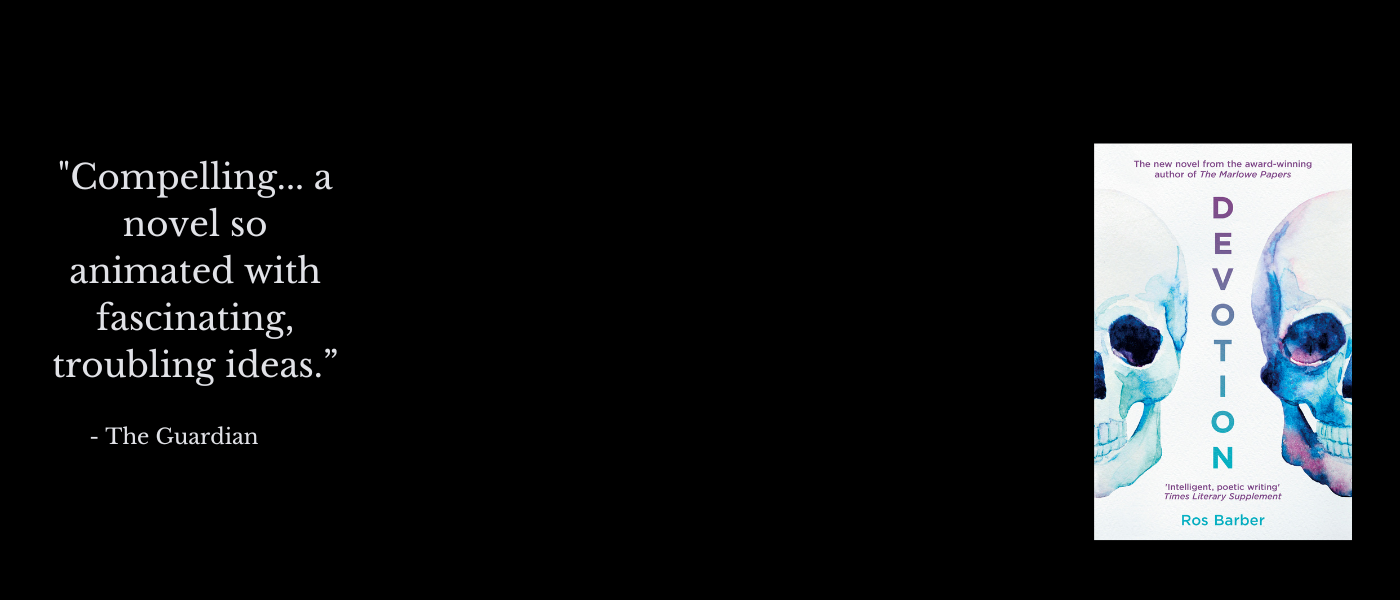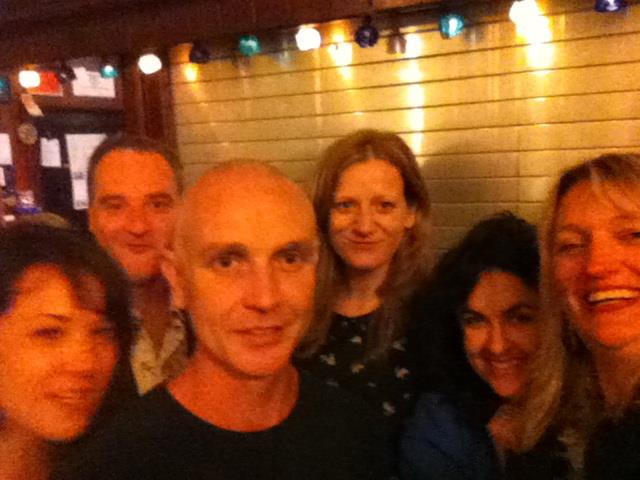As a friend of mine posted on Facebook recently, ‘summer this year was on a Tuesday’. The creative Yorkshire enclave of Hebden Bridge has experienced a particularly British summer this year, and the week before we arrived for the New Blood (New Novelists) event at Hebden Bridge Arts festival had suffered serious flooding. One result of this was that Sophie Coulombeau and I, who met for the first time for a cup tea before the cafe closed (forcing us to shelter from the light drizzle in the White Swan) failed to eat before eating ceased to be an option. In the Swan we bumped into Peter Salmon, who recognised us as fellow New Novelists from the fact that our we all simultaneously received a text from the organiser. He had wisely (as it turned out, though we weren’t sure at the time) opted for the pub’s fish pie.
Being a writer
Writers and Wine
Or, the most useful thing I ever learnt from The Catalyst Club
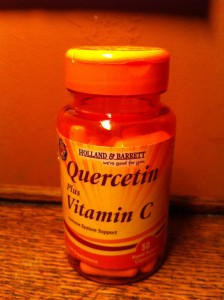 It is perhaps somewhat of a cliche that writers and wine have a special relationship. Like Reagan and Thatcher, like a sprain and brace, one provides appropriate support for the other. If you want to have a successful book launch, and you’d like lots of writers to attend, you’d better provide wine. Preferably free wine. Writers appreciate free wine most of all because, contrary to public perceptions, many writers (unless they also have Proper Jobs) are strapped for cash. Thus, understandably, all charitable contributions to the writerly gullet (both solid and liquid) are gratefully received. Wine is perceived as more sophisticated than beer, and writers like to feel sophisticated. I prefer a good still cider to a glass of wine any day of the week, but am considered an oddity among my writing colleagues. In any case, my affinity for cider is largely explained by a previous affinity for wine.
It is perhaps somewhat of a cliche that writers and wine have a special relationship. Like Reagan and Thatcher, like a sprain and brace, one provides appropriate support for the other. If you want to have a successful book launch, and you’d like lots of writers to attend, you’d better provide wine. Preferably free wine. Writers appreciate free wine most of all because, contrary to public perceptions, many writers (unless they also have Proper Jobs) are strapped for cash. Thus, understandably, all charitable contributions to the writerly gullet (both solid and liquid) are gratefully received. Wine is perceived as more sophisticated than beer, and writers like to feel sophisticated. I prefer a good still cider to a glass of wine any day of the week, but am considered an oddity among my writing colleagues. In any case, my affinity for cider is largely explained by a previous affinity for wine.
The key to good writing is not to struggle, but to relax and allow it to flow. A little wine can help. Read more
Out with the New, In with the Old
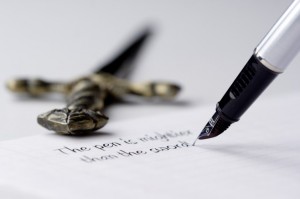 A couple of weeks ago I returned from London with The Marlowe Papers typescript as originally submitted to Sceptre, fresh with the pencil marks of my editor, Carole Welch, and ever since then, I’ve been working on my edits. Carole likes to do things the traditional way, so I’ve been working in pencil also, which is somewhat unusual for me. (I’ve been tracking changes in a new Word document nevertheless.)
A couple of weeks ago I returned from London with The Marlowe Papers typescript as originally submitted to Sceptre, fresh with the pencil marks of my editor, Carole Welch, and ever since then, I’ve been working on my edits. Carole likes to do things the traditional way, so I’ve been working in pencil also, which is somewhat unusual for me. (I’ve been tracking changes in a new Word document nevertheless.)
As I originally conceived it, The Marlowe Papers was supposed to have been a stash of papers written by Marlowe in Elizabethan cipher which I ‘translated’ into contemporary English. I didn’t want the language to be mock-Tudor, but nor did I want it to be anachronistic. Nothing, I hoped, would leap out as being too modern. Of course, I couldn’t stay in the poetic flow while looking up every word, and the work of telling the story effectively in blank verse was work enough, so very often I’d plain forget to consult the OED (online access to which was one of the happiest benefits of my being a student at the time). But after my own editing passes and those of five writer friends willing to offer opinions in return for an early glimpse of the book I’d been banging on about for four years, I didn’t think there’d be many linguistic wristwatch-equivalents left.
How wrong I was!
When did the poet Ros Barber die?
 I’ve been toying with whether I should let you know this or not. I am a Google Analytics user. I know how people arrive here, and specifically the search terms they use.
I’ve been toying with whether I should let you know this or not. I am a Google Analytics user. I know how people arrive here, and specifically the search terms they use.
Don’t get me wrong, I don’t spend much time on it, but every now and then I have a curious glance and it’s usually so disturbing that I don’t look again for a few weeks (and then the urge strikes me and I can’t help myself. A bit like the urge to take the dressing off every now and then to peek at the festering wound.)
The search terms are illuminating. ‘When did the poet Ros Barber die?’ was a bit of a shock at first. And then I figured that, coming from someone without much connection to the fairground goldfish stall of living poets, it was logical:
- she’s a poet
- I’ve heard of her
- the only other poets I’ve heard of are dead
- ergo, she is dead.
